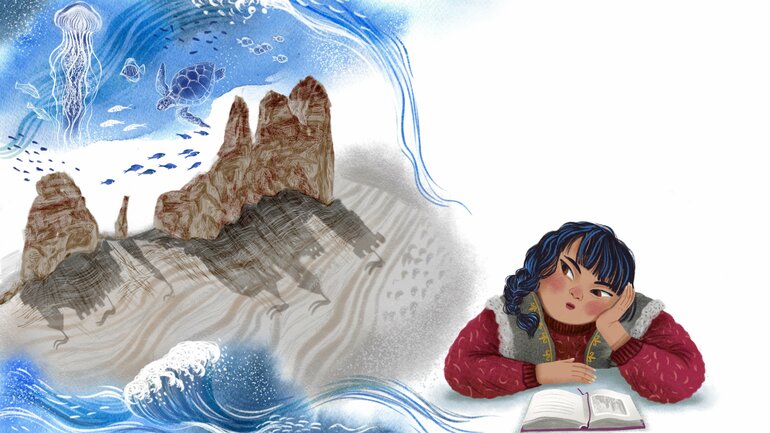Imagining Communities in Post-Socialist Children’s Literature
Imagining Communities in Post-Socialist Children’s Literature

Project description
After 1990/91 and the demise of communist state ideology, the newly independent states which had previously formed part of the socialist bloc faced a challenge: to re-evaluate previous identity models and develop identity offerings that would shape emerging communities’ sense of belonging. Cultural professionals – alongside politicians, historians and civil society groups – were key actors in these renegotiation processes.
In her project, Nina Frieß – a scholar of Slavic literatures and cultures – investigates children’s literature which were produced in post-socialist countries after 1991 and have hitherto received little attention in research on identity-forming processes. The potential of literature to reflect societal discourses about identity and offer scope for discussion of alternative identity concepts can be observed in a more concentrated form in children’s literature: given that such literature is intended not only to entertain but often also to guide and educate, 'the content, values and worldviews which we find [here] are often those which societies regard as particularly relevant now and in future' and accordingly wish to pass on to future generations.
Focusing on the period from 1991 to the present, Nina Frieß explores how authors of children’s literature have contributed, through their work, to nation- and identity-forming processes; she also identifies which themes and narratives are addressed and which concepts of community are embedded in their writing. She proposes that children’s literature, a genre with special conventions combining potentially boundless imagination with particular aesthetics, is a suitable field of experimentation and space for discussion of alternative concepts of society. In unfree societies in which social discourses elsewhere are often monitored and censored, the relevance of children’s literature as a free space is particularly self-evident.
Methodology
- Qualitative text analysis
- Discourse analysis
- Interviews with experts
Key questions
- How do authors of children’s literature position themselves, through their literature, in their countries’ nation-building and identity-forming processes?
- Which (possibly alternative) concepts of society can be found in post-socialist children’s literature?
- How do various post-socialist states influence children’s literature?
